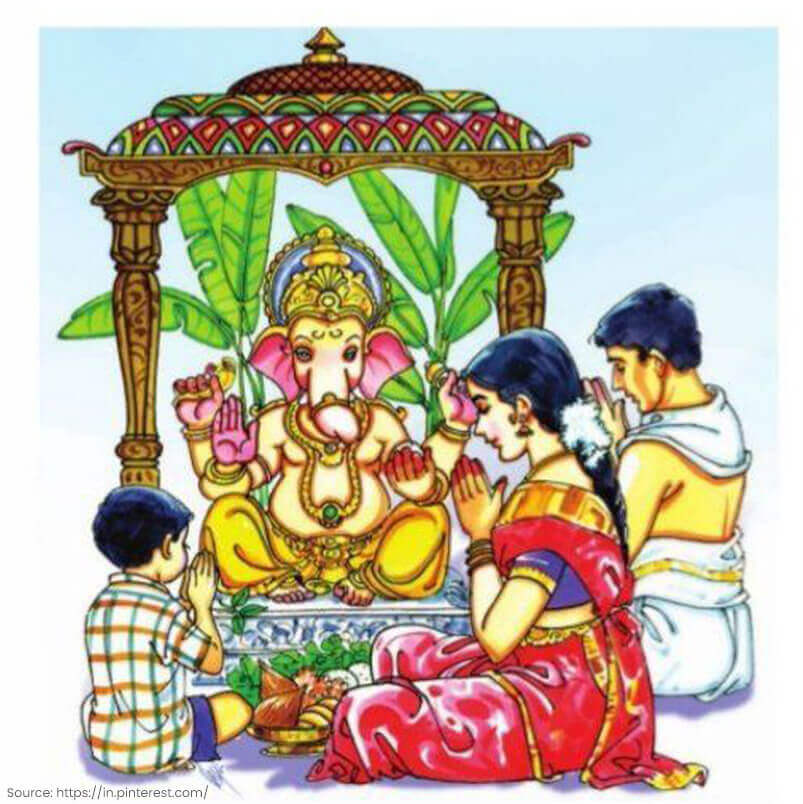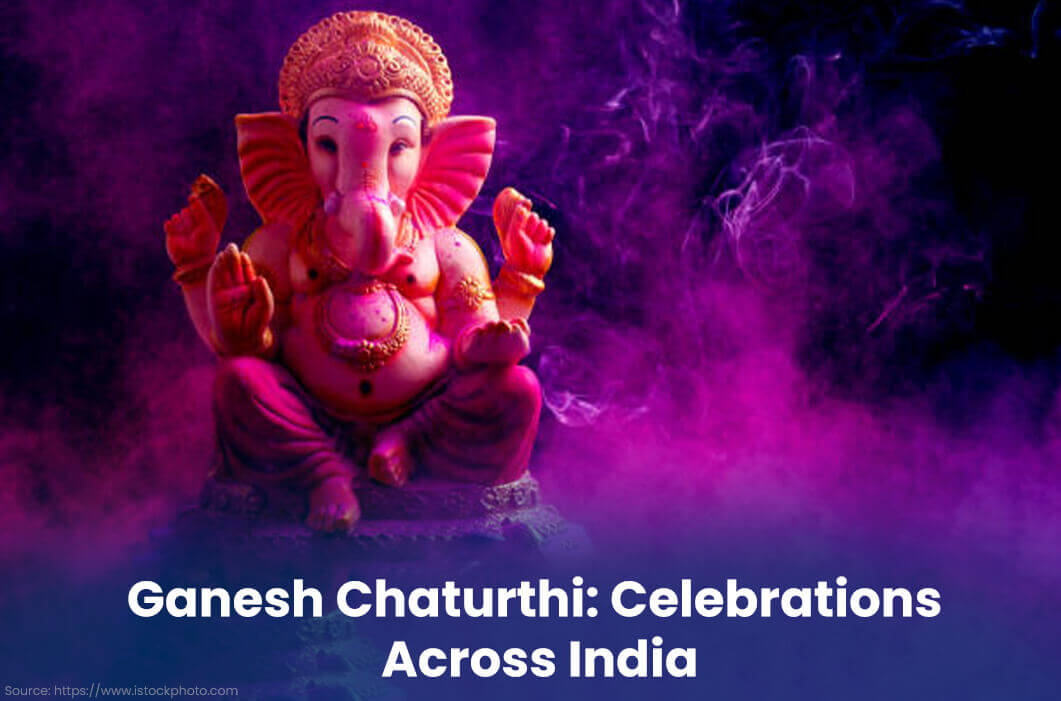Ganesh Chaturthi, one of India's most beloved Hindu festivals, is celebrated with great fervour. This festival, dedicated to Lord Ganesha, the remover of obstacles and the god of wisdom, marks the deity's birth and is observed with unique traditions in different parts of the country. While the essence of devotion remains the same, how Ganesh Chaturthi is celebrated varies significantly across regions, showcasing the rich diversity of India’s cultural fabric.
Maharashtra: The Heart of Ganesh ChaturthiMaharashtra is synonymous with Ganesh Chaturthi celebrations. In cities like Mumbai and Pune, the festival is marked by grand processions, community events, and elaborate installations of Ganesha idols. These idols, ranging from modest figures to towering statues, are crafted with great detail and creativity. The festival often begins with the installation of Ganesha idols in homes and public pandals (temporary structures), followed by daily prayers, music, and dance performances. The vibrant atmosphere reaches its peak on the final day, known as Anant Chaturdashi when idols are taken in large processions for immersion in water bodies, accompanied by chants of “Ganpati Bappa Morya.”
Tamil Nadu: A Subdued yet Devout CelebrationIn Tamil Nadu, Ganesh Chaturthi, known as Vinayaka Chaturthi, is celebrated with a focus on religious rituals and simplicity. Families create small clay idols of Lord Ganesha at home, worshipped with offerings of traditional foods like kozhukattai (a type of sweet dumpling) and modak. Public celebrations are less extravagant than in Maharashtra, with smaller processions and fewer public pandals. The emphasis is on personal devotion, with prayers and rituals performed in temples and homes. The festival is also a time for cultural events, including classical music and dance performances, integral to Tamil traditions.
Karnataka: A Blend of Tradition and Community SpiritKarnataka’s Ganesh Chaturthi is a blend of private devotion and community celebrations. Large community events are organised in cities like Bengaluru and Mysuru, where elaborate idols of Ganesha are installed in public spaces. These events often include cultural programs, such as plays, music, and dance, reflecting the state’s rich artistic heritage. In rural areas, the festival is more focused on agricultural rituals, with prayers for a good harvest. The immersion of idols, known as Visarjan, is done with great reverence, often in local rivers or lakes, with devotees singing hymns and chanting prayers.

West Bengal: A Unique Fusion with Durga Puja
In West Bengal, Ganesh Chaturthi is often celebrated alongside Durga Puja, another major festival in the state. While Durga Puja is the main focus, Ganesha idols are also worshipped as part of the larger pandals dedicated to Goddess Durga. The festival is marked by a blend of traditional Bengali rituals and the joyous atmosphere of the upcoming Durga Puja celebrations. The idols of Ganesha are usually made of clay and are immersed along with the Durga idols at the end of the festival.
Andhra Pradesh: A Celebration of Devotion and ArtIn Andhra Pradesh, Ganesh Chaturthi, or Vinayaka Chavithi, is a significant festival marked by devotion and artistic expression. Families bring home clay idols of Ganesha and perform rituals with offerings of fruits, sweets, and flowers. The state is also known for its beautifully crafted Ganesha idols, which are displayed in public pandals. In cities like Hyderabad and Vijayawada, the festival is celebrated with a mix of traditional rituals and modern entertainment, including music concerts and cultural performances.
ConclusionGanesh Chaturthi is a festival that transcends regional boundaries, uniting people across India in their devotion to Lord Ganesha. While the customs and celebrations may differ from state to state, the underlying spirit of reverence and joy remains constant. This diversity in celebration not only reflects the rich cultural heritage of India but also emphasizes the inclusivity and unity that festivals like Ganesh Chaturthi bring to the nation.
